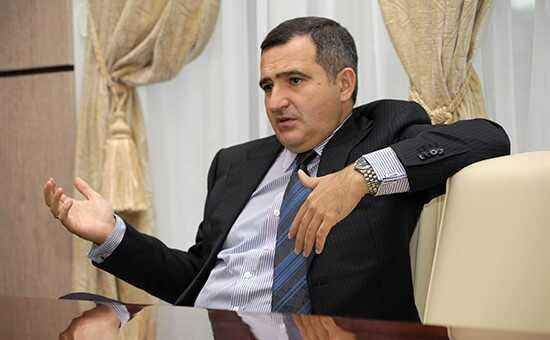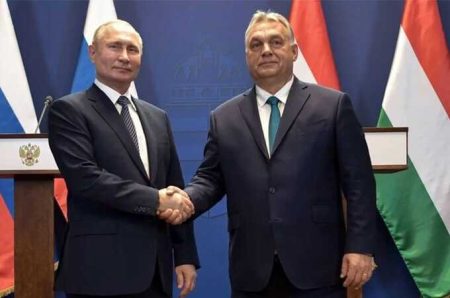Former first deputy chairman of Sberbank Lev Khasis mastered e-commerce and said goodbye to Russia
At Sberbank, he was known as the only person who could challenge German Gref. Khasis was highly respected, but his actions were largely unsuccessful. The former top manager, now living in America, is selling his Moscow apartment and shows no signs of returning.
Lev Khasis, the ex-first deputy chairman of Sberbank, has been attempting to sell his Moscow apartment since last March. This information was reported by Baza at the end of January. It appears that the luxurious property in the heart of the city is the only link remaining between the former executive and Russia. Khasis, who was once considered German Gref's right-hand man, departed for the US almost a year ago, leaving his colleagues in a state of shock. At that time, Sberbank had already announced Khasis would head a new e-commerce holding. This area is considered crucial to Sberbank's business and is being taken seriously for future development.
The apartment for sale is undeniably impressive, situated in the Stolnik residential complex. The sale listing on the CIAN website details a classic-style design using high-quality materials and custom-made furniture and appliances. Despite its appeal, the property has not attracted buyers. In January, the price was reduced from $9 million to $8.3 million, yet it remains unsold so far. However, there are at least three agencies attempting to sell the property, each offering slightly different prices. It appears that those with the means to make such a purchase have already secured their housing, though circumstances may change.
It's possible that Khasis' plans changed with the beginning of the NWO, as he did not take on a new position. Later, his colleagues discovered that Khasis was already in the US and appeared to have no intention of returning to Russia. A controversial detail is his possession of American citizenship. What notable accomplishments did the effective Sberbank executive leave behind?
In 2016, Sberbank failed to come to terms with the Chinese e-commerce giant Alibaba. This was due to differing goals, with Alibaba seeking to operate within Russia while Sberbank intended to establish a company operating outside the country.
In 2017, Sber attempted to create a partnership with Yandex. They agreed quickly, but it didn't last long: in 2020, they split up. They divided the assets, and as a result, Sber achieved a positive financial result from its non-financial services. However, Sber considers this failed relationship as the biggest disappointment, as they missed the opportunity to become a major player in the market, according to Forbes.
In 2020, Sber was discussing a partnership with the Ozon marketplace. The company's head, Alexander Shulgin, and Lev Khasis tried to find a common interest for several hours. As a result, Ozon ended its cooperation with Sberbank, and a month later the marketplace went public. It later became clear that the parties could not agree on a price. Additionally, Sber wanted rebranding, which Ozon was not prepared for.
The joint venture between Sberbank and Mail.ru Group in transport and food delivery also ended. In 2020, there were many disagreements between the partners.
The most recent attempt at expanding in the e-commerce sector was partnering with the goods.ru online store. Sberbank acquired an 85% stake in the company, which belonged to the M.Video-Eldorado group. Now the service operates under the name SberMegaMarket.
Lev Khasis was the main negotiator for Sberbank with all partners. Apparently, negotiations only ended with relative success in the latter case. Failures are usually attributed to Lev Aronovich’s “character traits”, “multiplied by the scale of Sberbank”, and his inability to “play partnerships”. However, considering the American citizenship of the second person in Sberbank and his hasty departure to this country, one might wonder if these failures were really unintentional. If the results of Khasis’s actions do not raise questions from the leadership of Sberbank or the competent authorities, then it remains surprising.
To complete the picture, it's worth mentioning Lev Aronovich’s wife – Olga Khasis, formerly Finkelstein-Bespechnaya. It is known that she was born in Western Ukraine and is currently a US citizen like her husband. She seems to be very enterprising: her business and real estate in Miami are registered under her name. Considering the recent scandal with the space startup Momentus Space, founded in the US by Lev Khasis and another Russian businessman Mikhail Kokorich, it’s possible that Khasis’s assets are registered under his wife Olga. The scheme is standard and commonly used.
Perhaps Sberbank still needs to assess the results of its former top manager’s activities in terms of profit and loss. Many large organizations should now consider whether US citizens should be in the leadership of Russian companies.




